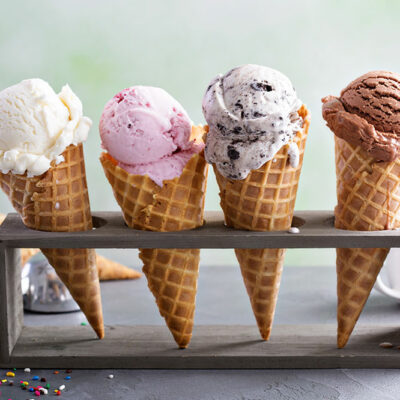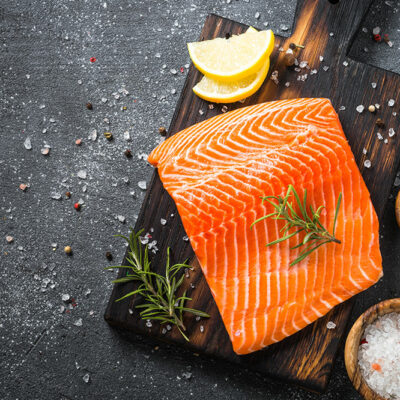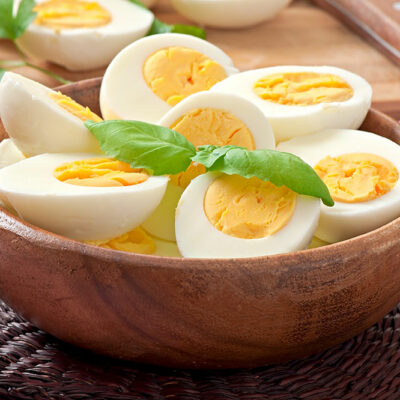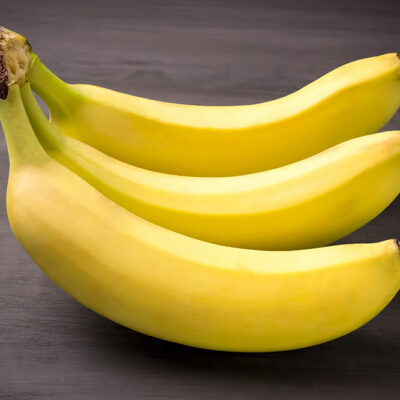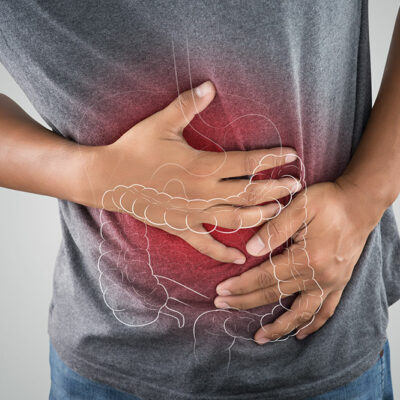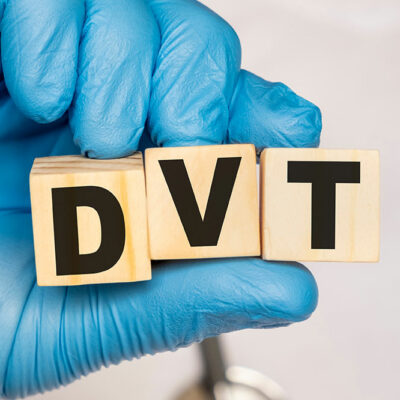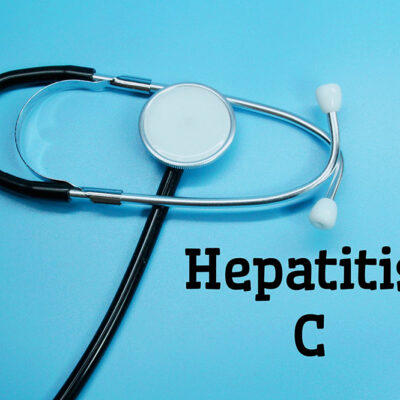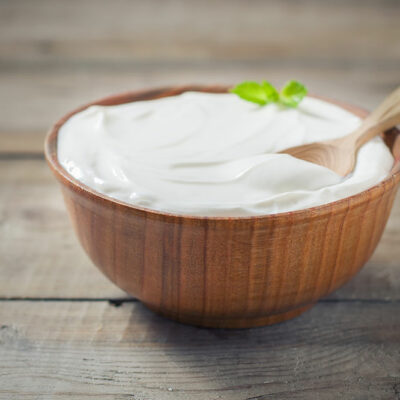
Food
5 Healthy On-the-go Snacks for Toddlers
Whether it is a road trip or simply an errand run, driving with your toddler is difficult for a variety of reasons. A simple way to keep your toddler occupied is by stocking up on snacks. The difficulty is finding snacks that your baby can eat without making a mess in the car. The following are some snacks you can give your toddlers on the go. 1. Crackers and cheese Crackers are almost universally appealing to toddlers. When they transition from semisolid to solid foods, this crunchy food gives them a new texture to explore. Try to find brands with high nutrient content. Adding cheese cubes or sticks to the mix gives your baby the essential proteins needed for tissue and muscle growth. You can also add nut butter or hummus to make the snack more interesting. 2. Fresh fruits Diced apples, pears, bananas, and melons are excellent fruits to pack in a colorful box on the go. Grapes, strawberries, and blueberries are other favorite snacks for toddlers. Dried cranberries, raisins, apricots, and mangoes might be easy to handle in the car since they are not sticky or wet. You can also have fruit yogurt in cartons and flavored milk in bottles as healthy toddler snacks.
Read More 
